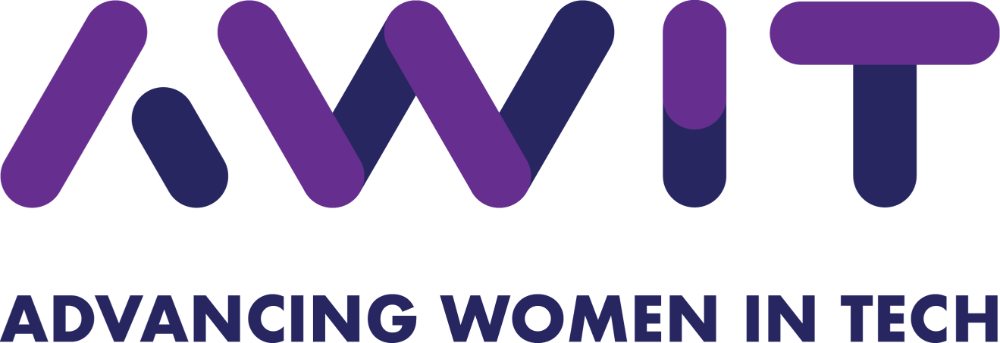Building Product for Good by the Head of Product at Freewill
Amy Rosenthal, Head of Product at Freewill and an AWIP Executive Advisor, builds creative products to help people donate money to nonprofits such as by leaving bequests in their will, donating money from their retirement accounts, or giving shares of stock. A few weeks ago, she sat down with AWIP and shared her insights for those who are looking to build products for good:
Don’t be afraid to take the leap into social impact
Amy has found that product management skills she developed from other industries have been incredibly applicable to building products focused on making a social impact.
Her advice: “It might seem daunting to switch industries. But the same analysis that goes into helping a user complete a purchase on Wayfair, also helped me identify how to get a user to complete a multi-step will flow. And understanding how to work in a regulated environment such as healthcare tech helped me then understand taxable implications for giving money to charity from a retirement account.
“Without sounding too cliché, follow your dreams! I think there is a lot of value in sometimes taking a chance and going into a new industry like social impact because working in a new area can be hugely rewarding, and you can learn a ton.”
Her time at Freewill has indeed been truly rewarding. “When we do hiring interviews I think it’s very common for the person I’m interviewing to ask me why I joined FreeWill. That’s an interesting question and absolutely worth asking. But I think an interesting variant on that question is “why are you still at FreeWill?”…and I think for me, I can’t understate how feeling like I am making a significant positive change in the world truly energizes me on a day to day basis.”
Build your team to see “beyond the gap”
Amy was the 27th employee at Freewill and has had a foundational role building the team, and specifically the product team, from the ground up.
When looking to grow her team she focused particularly on two skills: (1) comfort working with ambiguity and (2) the ability to “solve for the gaps”. This second skill is the ability to take a step back and optimize how products are built across an entire organization and not just within the product team.
She explains, “When there is a gap, PMs are often the ones who go in and fill it. Especially at a start up when everyone can be strapped for resources, a PM often has to be the first person to take a crack at solving something that is broken and getting things on track. Which can work really well.
“But the skill that I look for in PMs is figuring out, even if everything seems on track, how they can continually improve things. Part of being a great PM is re-evaluating decisions and making sure that the decision that made sense at 30 employees is still the right decision when you’re at 50 employees, or 100. I think delegating and saying that this is going to work in the short term but in the long term I need to get a stakeholder on board to switch things up and maybe this should be better owned by another team is something that is nuanced that I feel like is one of the things that differentiates a more junior from a senior PM.”
Build your community — Give back and get involved
Amy found her role at Freewill through a combination of luck and reaching out to one of the co-founders of the company. While Amy acknowledges the part that luck plays in any career, she highly recommends taking steps to put yourself in the right place at the right time by being more involved in your community. Amy encourages people to “always try to be helpful to other people. As a product manager, that is what you try to do every day at your job. You are working cross-functionally and asking ‘how can I help you so we can achieve this goal?’ But don’t just use this philosophy at work — apply it outside of work as well. You can try to elevate the discourse of product management generally by sharing what is working for you and what you’ve learned with folks at other companies. You can try to encourage women or other underrepresented minorities to enter product management to get more diverse voices at the table brainstorming around product management. This is important because the stronger you make product management the better off everyone will be and you will see things work out really unexpectedly well… having a profession full of brilliant, communicative people who have very diverse points of views helps us move product management forward and come up with better ideas and strategies which helps all of our products.”
By mentoring, helping others learn more about building products for social impact, and through her involvement with AWIP, Amy continues to give back to the product community. To connect with and learn from product managers across industries, join AWIP!

